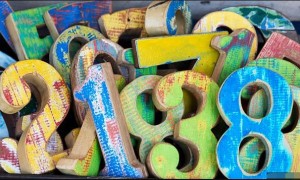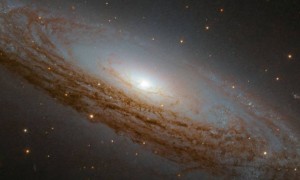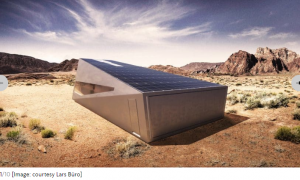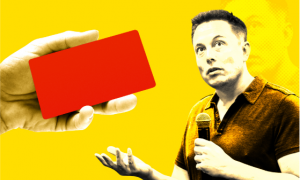1. The power is off / gone. / There will be a power outage tomorrow. 停电
这三句都是停电,但是前二句是比较口语的说法,例如看到电灯突然熄掉了,老美的第一个反应就是Oh! The power is gone,或是The power is off. 而There will be a power outage tomorrow 是用在比较正式的场合上,例如公告说明天要停电,他们就会用power outage 这个字,例如The will be a power outage from 1-5 pm tomorrow.
一般我们想到"电" 都会想到electricity 这个字,但事实上power 才是正确的用法。例如我说,请把电关了,应该是,Please turn off the power. 而不是turn off the electricity.

2. The power is back on. 来电了。
知道了停电的说法,那电又来了要怎么说?很简单,就是The power is back. 或是The power is back on. 大家注意一下为什么会说成back on 呢? 因为这是指原来开着的,后来关掉了,再把它打开的意思(back on 就是说再回到on 的状态)。像是我今天跟老美去烤肉,我看大家都吃的差不多了,就把炉子关了,可是后来又有人说他没吃饱,于是我的朋友就说,Ok,I will turn it back on.
3. Please turn off the power. 请把电源关掉。
Turn on 跟turn off 算是最常见到把电源打开和把电源关上的字眼了吧。例如你可以说Please turn off the power before you leave.(请在离开前把电源关掉)如果是我说不要关掉,让它一直开着要怎么说呢? 你可以说Just leave the power on when you leave.
4. Throw the power on. 打开电源。
这跟turn on the power 是一样的,但是Throw the power on 是比较口语的说法。比如说你进到房间看到电脑没开,你就可以跟别人说,Throw the power on. 就是: 把电脑打开吧!还见的错误就是会把打开电视说成,"Open the TV." 不过我想在那样的场合下,老美还是可以听得懂的。
5. The power is running low. 快要没电了。
电快要用完了叫running low,例如你使用的刮胡刀看它越转越慢,你知道电快没了,你就可以说The power is running low 或是 The battery is running low. 要是电已经完全用光了,则用running out of power. 例如I think it's running out of power. 或是The battery is dead.







